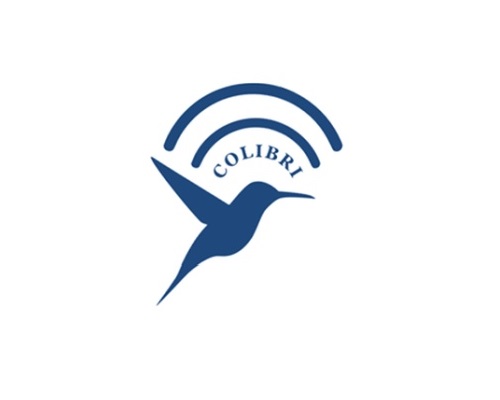aconium GmbH is the quality manager of the international educational project COLIBRI, which is funded by Erasmus+. COLIBRI stands for Collaboration and Innovation for a Better, Personalized and IT-Supported Teaching. Since 2014, 10 project partners from all over Europe – including seven universities and three industrial partners – are working together on improving the quality of academic teaching offers by introducing innovative approaches. In this context, they developed a course focusing on “Future Internet Opportunities” running for one semester in three consecutive years. It is pursuing a blended learning approach. Approximately 30 selected students follow e-learning modules together with face-to-face activities every summer term.
After passing virtually ten innovative online modules, the students work in the second half of the semester on case studies facing real world problems. aconium GmbH contributes with two case studies every year to the COLIBRI project – this year focusing on a Pedelec-sharing-platform in Berlin and the implementation of high-speed internet in rural areas. Besides the preparation of the Case studies, the students were also supervised during the semester.
Each semester ends with a one week project seminar where the students present their results of the case studies and finalise the course. In the frame of this years´ project seminar from 11 to 15 July in Barcelona the projects partners came together for a two-day meeting. Discussions covered the evaluation of the preceding semester, a higher public perception of the project as well as how to make the COLIBRI model more sustainable for the future.
The evaluations of the students were predominantly positive, although the tasks including peer learning activities during the virtual phase of the modules had been used very little. This teaching method was supposed to improve the interactivity during this phase. For a better application the communication standards will be standardised in the future. A higher public perception is supposed to be attained by providing short webinars on the topics of the course as well as project presentations at conferences and similar events.
After the project completion in 2017 a final evaluation will take place. As a result the experiences from the universities and the industrial partners regarding the tested approaches will be made publicly available.

